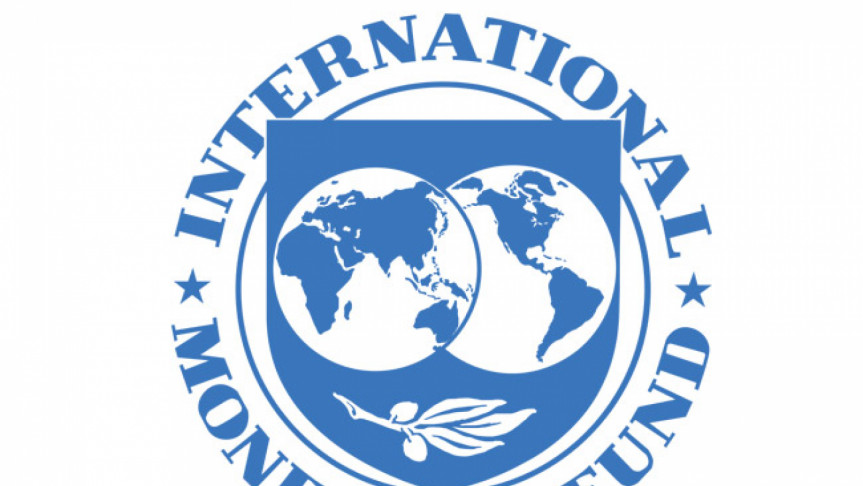IMF suggests large forex reserve to contain any external shock

The International Monetary fund (IMF) has advised Bangladesh to maintain a high foreign exchange reserve to contain possible external shock in the economy.
Making a strong recommendation for implementation of the new VAT law from July 2017 to mobilise required funds for investment in infrastructure, the global financial institution also identified the national saving certificate (NSC) as a distortion to the country’s financial management system that puts pressure on the budgetary framework, reports UNB.
A delegation of the IMF, led by Brian Aitken, who visited Bangladesh from February 26 to March 9, made the suggestions while addressing a press conference at Bangladesh Bank’s conference room on Thursday.
‘Bangladesh economy will continue to rely on exports and remittance for growth, and remains particularly exposed to the changing external environment. So, the country needs a buffer in foreign exchange which was built over the years to ensure the economy’s resilience,’ Aitken said.
Mentioning the saving certificates and non-performing loan (MPL) as a distortion in the economy, the IMF urged the government to utilize Bangladesh Bank’s regulatory capacity to remove these impediments and introduce bond markets to mobilise fund for infrastructure.
He said the non-market instruments like NSC are creating distortion and the government should go for less-costly market-based instruments like bonds to reduce the pressure on the national budget.
The IMF delegation chief urged the government to strengthen the capital market through more regulations and legal framework and said the stock market should be developed for financing long-term private investment to improve the future growth prospects.
Underscoring the need for modernising the revenue collection system, the IMF said it needs to boost the country’s low budget revenue and allow room for public investment and social spending to achieve the goal of becoming a middle-income nation.
The global financial agency thought that the new VAT law will raise revenue and bring significant benefits to the economy and make the system more transparent.
About the government’s move on allowing more banks in the market, Brian Aitken said it does not matter how many banks are working. The matter should be how they perform and whether they create non-performing loans.
He said manly the state-owned banks are creating bad loans which distort the financial system.

 NTV Online
NTV Online




